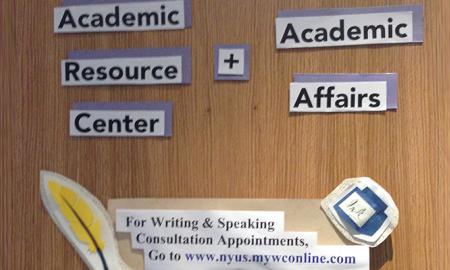
The key to surviving midterms is to study smarter, but not necessarily longer. This means knowing your strengths and weaknesses, and prioritizing the material that you don’t know well. Set aside blocks of time to study instead of trying to study multiple subjects in one long session. It is better to study over a period of a few days rather than cram for an exam the night before. Ward off procrastination by restricting access to phones, laptops, and other distracting devices while you are studying. Take breaks in between subjects and be sure to walk around or stretch every once in awhile. If you are unsure about your professor’s expectations, go to their office hours and ask them to clarify as soon as possible.
One effective study method is to form study groups with other students and take turns teaching the material to each other. This method forces you to actively engage with the material, and helps you remember it better than if you just listened to it or highlighted passages in a book. You could also create a review sheet that summarizes the key points.
Above all, please do not give up sleep, food, or personal hygiene to study. Sleep is an important and necessary part of the learning process. While you are sleeping, the brain consolidates your memories, so reviewing right before bed is actually beneficial.
Content based on the ARC workshop: Get Ready for Your Midterms on March 11.





